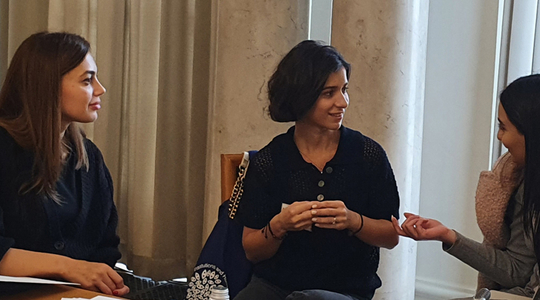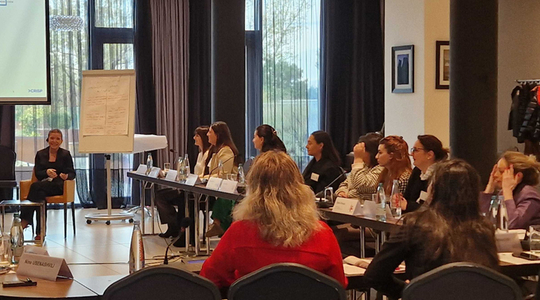This simulation game is set six months before general elections, on the fictional island called Transolvia. Although authoritarian rule has been overcome some years ago, the country still has problems with its democratic culture, including rule of law and free media. Furthermore, minority rights, clientelism and patronage are still present issues. The New Alliance party has the absolute majority in the parliament and therefore presents the government, but support of the population is decreasing, while the opposition is on the rise. Recently, a wave of demonstrations has swept across the country to protest against the poor education system and the large unemployment rate among young people. The country also aims for closer relations with the European Union, but it has been difficult to carry out the necessary reforms in the past.
Scenario & Procedure
The actors in this simulation game are mostly politicians, as well as members of the national youth movement and the press, which is playing a crucial role. During the game, the representatives of the different parties have to agree on a party program and further build a strategy for the upcoming months of campaigning in order to win the general elections in the end of the game.
Objectives
The aim of the simulation game is to cooperate in teams and here to agree on a coherent argumentation. Morover participants will be sensibilized for processes which take place around elections and the crucial role of the media. Furthermore the impacts of an election campaign on voters is shown.
Learning Goals
- Teamwork within the respective interest groups and coalitions
- Insight into the dynamics of an election campaign
- Interactions between media, social groups and political parties and their impact on the awareness of the electorate
- Improving negotiation skills



